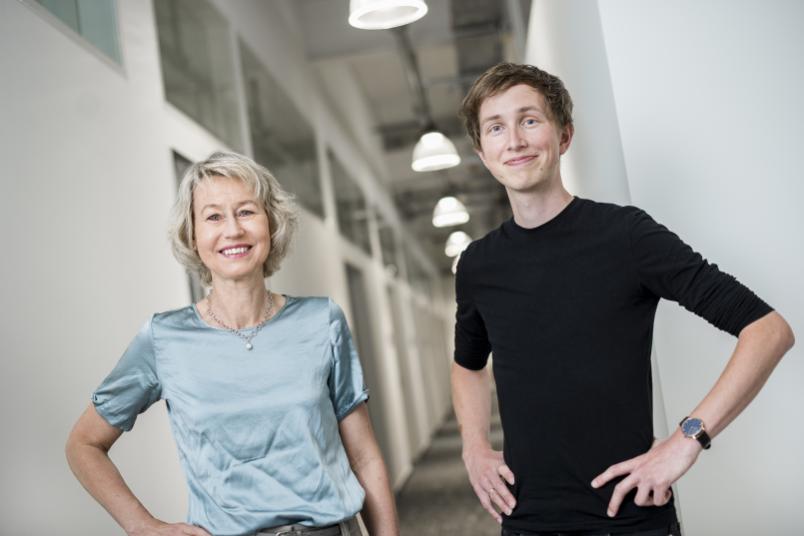
Work science
How to use AI in a human-centred way
A technical aid that takes over routine tasks or helps make difficult decisions – this is the dream! But not for everyone.
One of the things that artificial intelligence (AI) is good at is handling time-consuming routine tasks. But to reduce their impact to time savings is to miss the point. They result in more changes than that. They affect the tasks performed by humans, their daily work routine, possibly also their professional self-perception and thus their satisfaction in the workplace. All these effects are being explored by the team of researchers at the HUMAINE competence centre, which stands for Human-Centered AI Network. The researchers are developing a roadmap for how deploying AI can be a real win-win for everyone involved. Rubin, the science magazine of Ruhr-Universität Bochum (RUB), covers this topic.
AI is a tool
The project addresses much more than the interface between humans and computers. “We are interested in how the use of AI affects the process of work, the cooperation in a team, as well as between specialist departments and at the intersection between AI development and AI use,” explains Professor Uta Wilkens, Chair for Work, Human Resources and Leadership at the RUB Institute of Work Science and head of the competence centre. “Obviously, profitability and efficiency also play a role. This is precisely why we address questions of technology acceptance, job satisfaction and role development. We’re looking for ways to use human intelligence and skills to make technology – which is often still error-laden – better and more reliable for deployment in operational work processes.”
The media image of artificial intelligence, which is portrayed as a human-like robot that threatens to replace the human worker, has nothing to do with the real forms of application in the workplace. “AI is software, an algorithm that can only ever perform one functionality in a highly specialised form. This enables highly standardised, usually monotonous areas to be covered where human sensory organs reach their limits. In this case, AI serves as a tool. However, AI is not capable of carrying out the kind of interconnected, multifaceted actions that are performed by human beings who are capable of reasoning,” says the researcher.
In order for AI to be a real asset in daily workplace routines, the researchers in the HUMAINE project are developing a process guideline for its implementation. It specifies who should be involved and which questions should be answered in advance, if possible. How is the quality of the data on which the artificial intelligence is trained? Is the output actually comprehensible? How does its use affect efficiency and profitability, as well as the quality of the process and the results? How does it affect the workplaces? How do employees feel about their role after the implementation of AI? “What we have in mind is a kind of seal of quality that clinics or industrial companies can acquire, confirming that they are using AI in a human-centred way,” points out Uta Wilkens. “For this to happen, the process mission statement has to be clear and focused, and it has to be immediately plausible to the company representatives.”